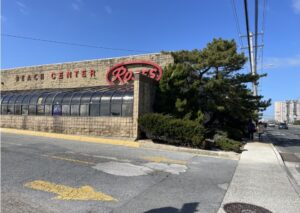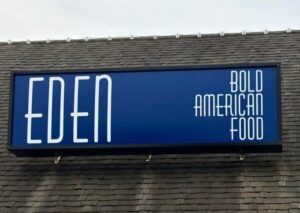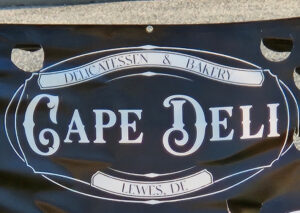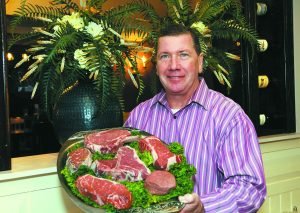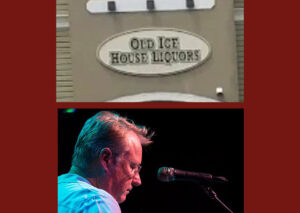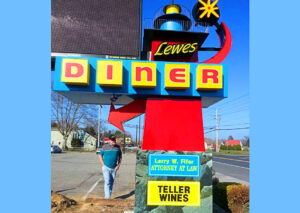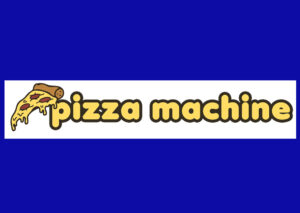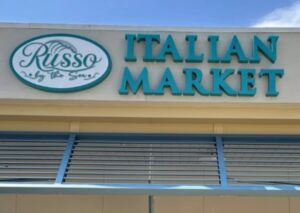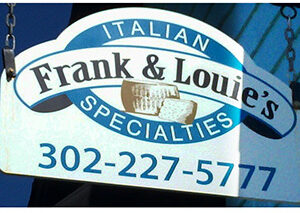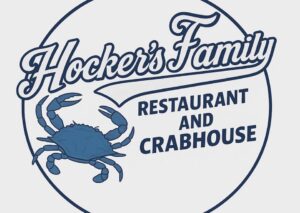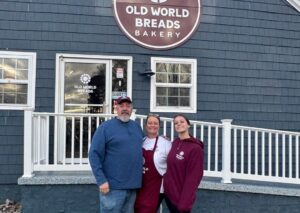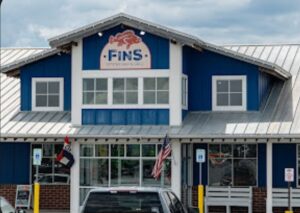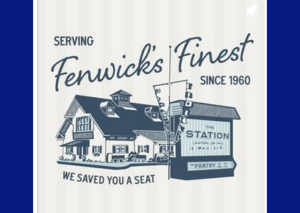Beware of the faux “anti-Sysco” (or anti-U.S. Foodservice, or anti-whatever) attitude that is perpetrated by certain restaurants that try to capitalize on “buying locally,” “organic” and all that feel-good talk rather than just putting out consistently good food. I can tell you from 100% experience (I have owned or been part-owner of 5 eateries) that the local restaurants that demonize companies like Sysco will most certainly have a Sysco (or U.S. Foods or whatever) truck in front of their restaurants some time during the day, just like everyone else. It just makes sense when purchasing certain items in bulk.
What many people don't know (or don't bother to find out) is the the local Sysco warehouse that services southern Sussex County buys much of its in-season produce from local MD and DE farms. It just makes sense from a business point-of-view because the expense of trucking refrigerated items across the country (often the case with non-in-season items) is a huge part of the cost. And they bring the product to the restaurateur's door.
Restaurants that crow about going to local farmers' markets are generally ending up with the same produce, except that it's cheaper for them to drive to a farmers' market rather than pay Sysco (or, again, whomever) the additional costs associated with delivering it to them. And Sysco, like your local grocery store, offers a wide variety of the same “organic” items that local restaurants try to make you believe are something unusual or peculiar only to them.
Another fact that many people don't know is that Sysco, again, like your local grocery store, sells many different levels of quality in order to service the widest possible range of restaurants. So a local restaurant that says that a product sold by Sysco is inferior is trying to fool you into thinking that their product (whatever it might be) is superior, when in fact they could have just as easily purchased the better product from Sysco (or, I repeat, ad nauseum, any food purveyor).
It's important to remember that Sysco is primarily a warehousing and trucking operation. The great majority of their products are available (at all levels of quality) for purchase by its customers in the same way that a range of products are on the shelves at the grocery store available for you to buy. If you buy a cheap, inferior ham, for example, you don't blame the grocery store — you should blame yourself for not buying the higher quality (and, by definition, more expensive) product. There are people who can only afford the cheaper product, and so it makes sense for the store to offer it to them.
People often overlook the fact that the amazing range of in- and off-season products available at restaurants is due directly to large companies like Sysco, US Foods and the like. The very fact that you can get guacamole at your favorite local Mexican joint in January is due, in part, to this. Am I trying to make you think Sysco or the other purveyors are better than buying from a produce stand or farmers' market? Of course not. What I'm saying is that in many cases it's pretty much the same thing, except that you are having it delivered to your door at a naturally higher cost.
So thanks to huge operations like Sysco and the like, local customers have a wider array of products from which to choose, which, if they actually know what they are doing in the kitchen, can translate into better dining for us all. The ones who don't measure up would rather blame the trucking company that brought their food rather than their limited culinary talents. Too bad. And some people actually believe it.


